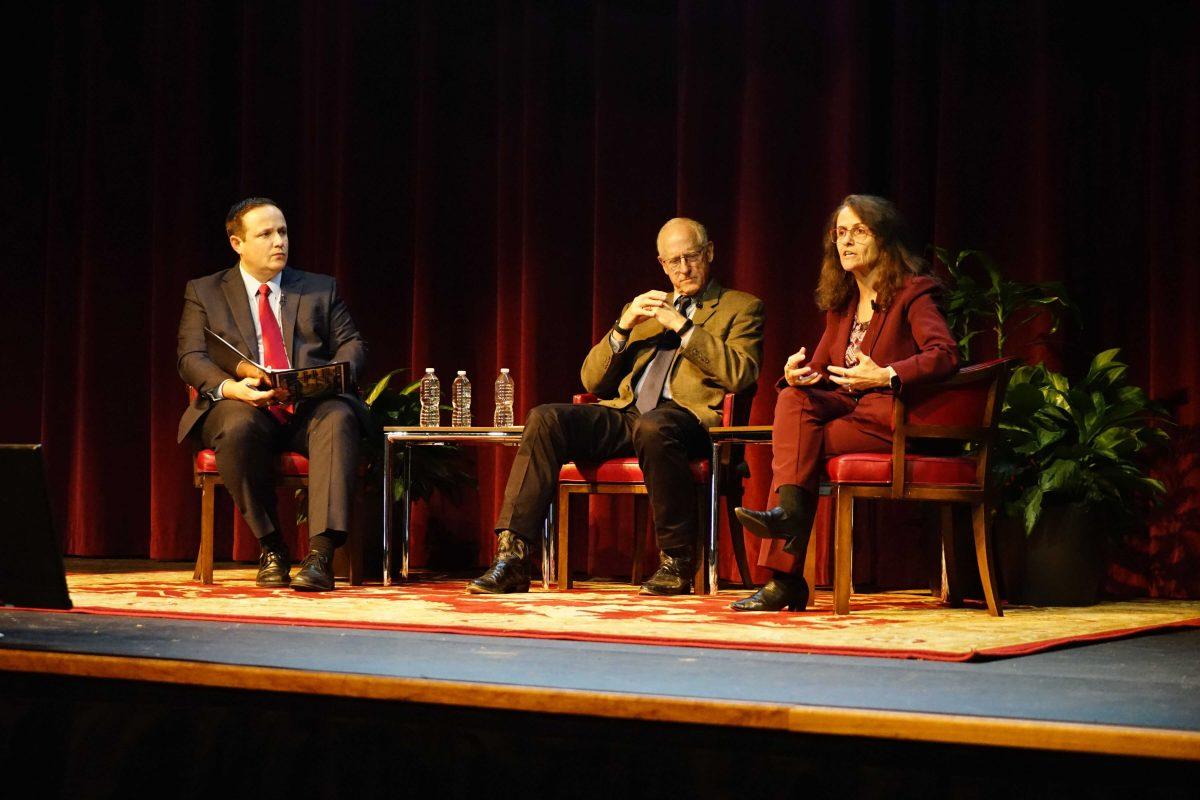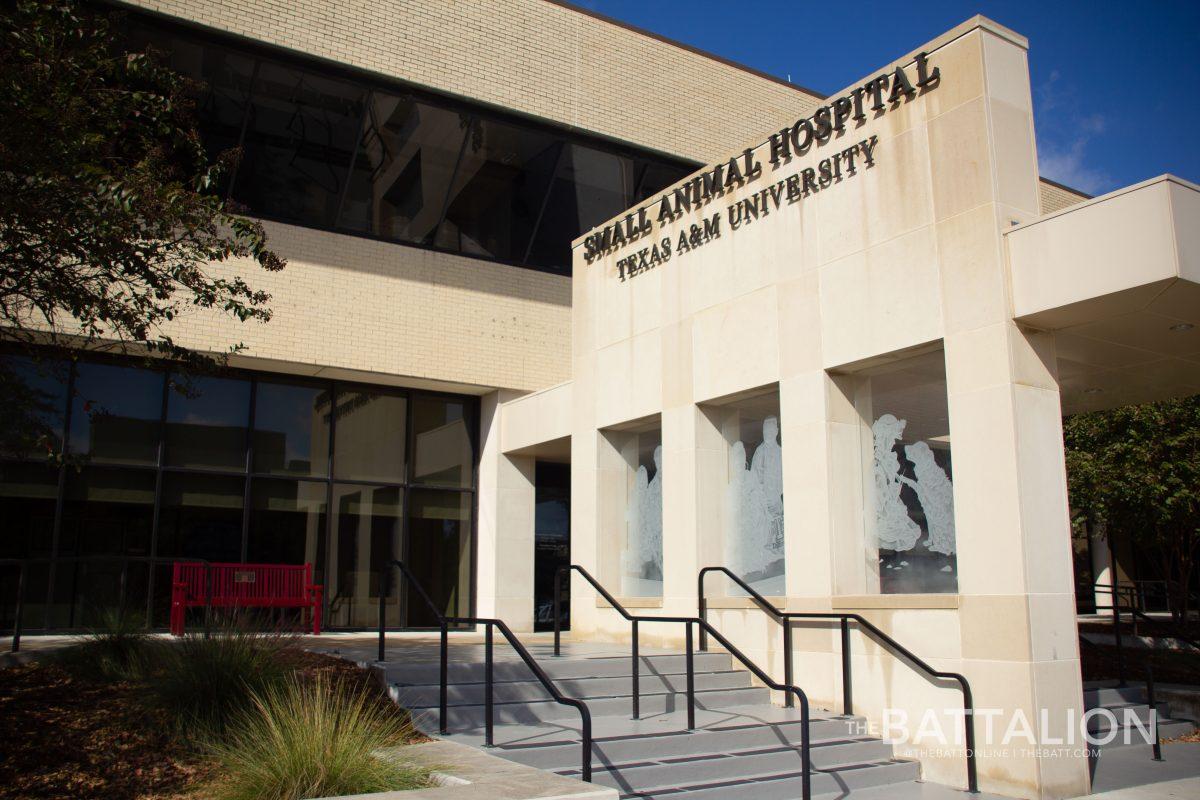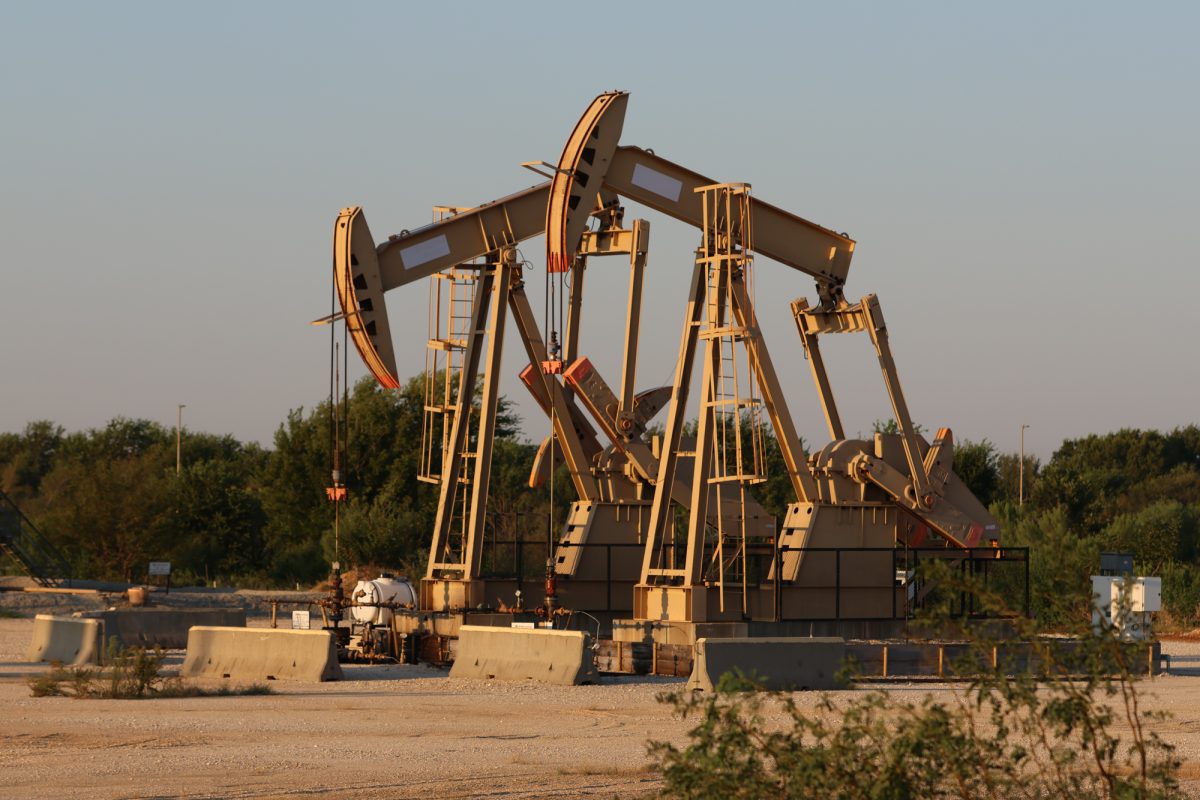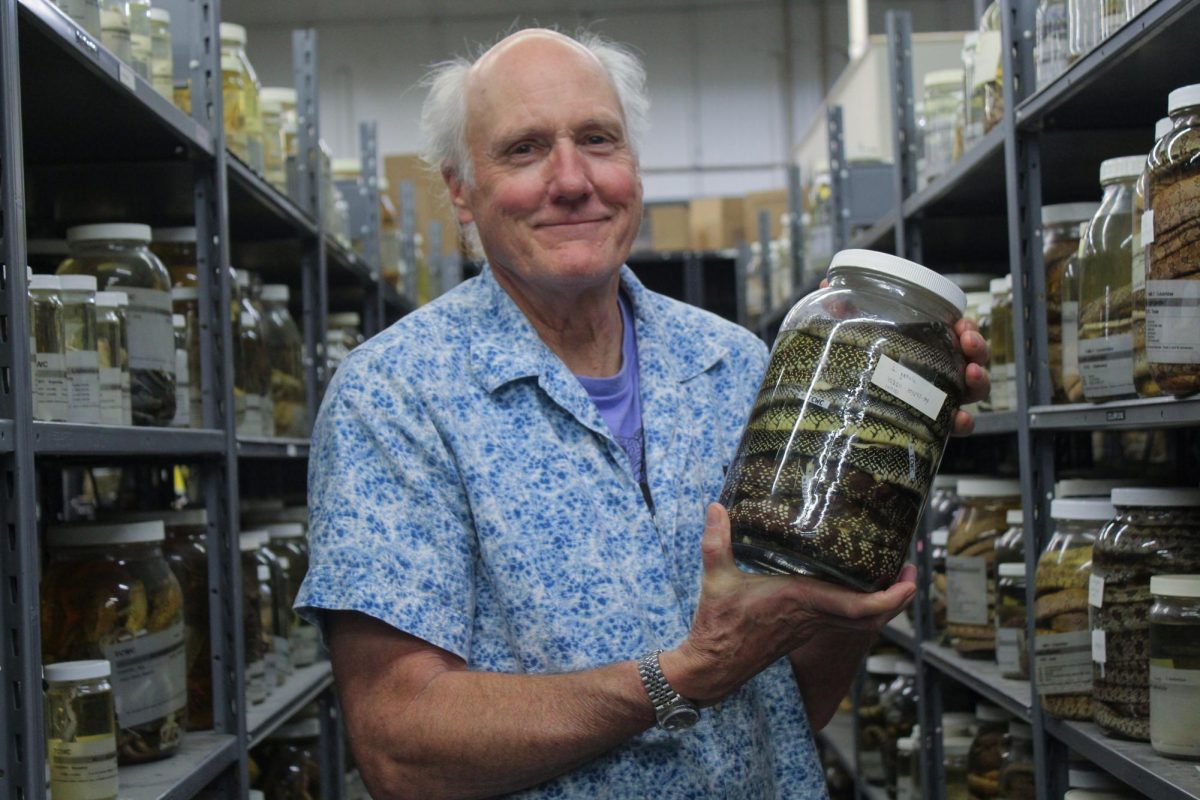On Nov. 3, the 68th Memorial Student Center, or MSC, Student Conference on National Affairs, or SCONA, hosted a panel discussion between Texas A&M President Emeritus and Borlaug Institute director Elsa Murano, Ph.D., Co-Director of the A&M Agricultural & Food Policy Center Bart Fischer, Ph.D. and former United States Representative Mike Conaway on food security amid international crises.
Murano said while COVID-19 was not as much of a threat to public health anymore, it continues to pose a threat to agricultural production.
“We think that COVID[-19] is over, and for the most part, it is but it has had lingering effects,” Murano said. “For example, farm production, there’s been a lot of labor shortages, because people were sick, or were just not able to go to the field and grow the crops and harvest them and so forth, and so the supply of those products has been affected because there’s not enough people to work.”
Murano said climate change and foreign conflicts are also a source of food insecurity.
“The conflict between Ukraine and Russia has affected a lot of countries around the world that were relying on the products and imports those two countries produce,” Murano said. “We’ve [also] experienced for the last few years, a lot of droughts here and there, heat waves, flooding, storms, freezing, things that you would not expect in certain parts of the world.”
Conaway, who as ranking leader of the House Agriculture Committee introduced the 2018 Farm Bill, said policies that keep American farmers competitive are important to American food security against growing challenges throughout the world.
“Without a successful production agricultural scheme in place, rural America will continue to atrophy beyond what it’s already doing,” Conaway said. “Presenting those policies place in the main safety net that allows our producers to stay in the fight year in year out, in spite of drought, in spite of mother nature, in spite of unfair trade practices from around the world.”
Acting as the discussion moderator, Fischer asked Murano and Conaway about their biggest concerns, what “keeps them up at night”, regarding the future of food security. Conaway said he was concerned about water access problems in the United States.
“We will have a water issue in the United States,” Conaway said. “There’s a competition between human use for the water and agricultural use with water. In West Texas, we use our water overlap aquifer for irrigation, there are studies that show that you need about 30 feet of aquifer to be able to irrigate. Within the next five years, vast stretches of Western Texas and Eastern Mexico’s overall aquifer will be less than 30 feet. So farming production out there, that’s not dryland farming, is going to be dramatically impacted by that.”
Murano said her biggest concern was both finding solutions to problems in agriculture and getting producers to implement those solutions.
“Texas has the dubious honor of being one of the states where the agricultural producers employ the least number of strategies to mitigate not just greenhouse gas emissions, but also to more sustainably use our resources like water,” Murano said. “That is changing, and we’re gonna be playing an important role. At Texas A&M, we have scientists here that just recently received a grant from the US Department of Agriculture, to work with Texas producers, to provide incentives and training and so forth on the practices that can be applied to more sustainably produce their crops and food in such a way that is adaptive to the changing climate. So what keeps me up at night is thinking about what are the solutions out there, and how do we get people to use them?”
When asked why incentive-based initiatives to promote sustainable agriculture — such as the 65 million dollar AgriLife grant mentioned by Murano — were preferable to a more strict approach, Conaway and Murano said that producers embracing sustainable practices gives them the best odds of being employed in the long term.
“It’s better when you show people, look at how good this works, look how much money you’re gonna make, look how much easier it’s gonna be, look at the benefits,” Murano said. “Benefits versus the cost is what convinces people and I think that’s what long-term has the biggest chance of sustainable deployment.”
In light of the panel’s discussion of unfair trade policies as well as the global impact of food security issues, Conaway was asked about his stance on the American embargo on Cuba, which hours earlier was condemned by the United Nations General Assembly in a 185-2 vote. Conaway said the embargo is necessary to pressure the people of Cuba to advocate for changes in their government.
“There needs to be pain in the system so that they can motivate their leadership. It’s a tough, tough deal,” Conaway said. “I’m one of the few people that does not believe that we should reinstitute relations with Cuba without significant changes from the communist government there and they’re not willing to do that … you’re dealing with the communist government, with the thugs that run the country, and the benefits would not percolate down to everyday citizens the way it should.”
Murano said while significant problems with regard to global food security exist, the problems are solvable.
“With all that said, please know that, yeah, it looks bad,” Murano said. “But there are solutions out there. It’s up to us to apply science and logic, and strategize to work together to mitigate these effects, and I am confident that we will put our minds to it, and we’ll do it.”
















